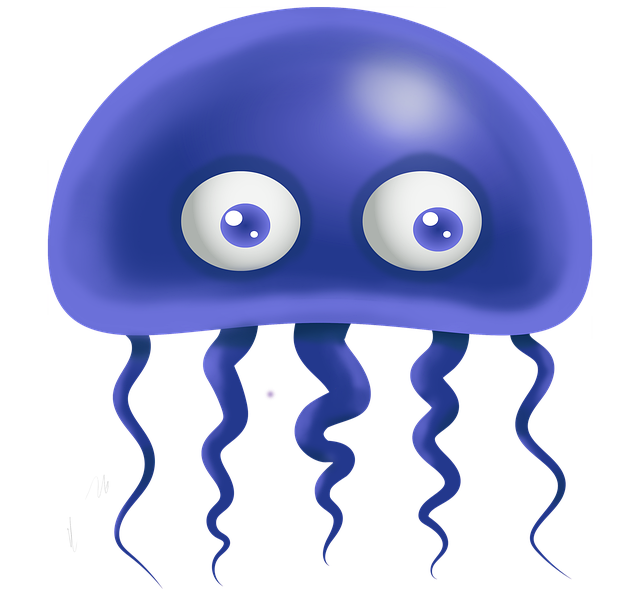Can Jellyfish Live Out of Water?
Jellyfish are fascinating creatures that inhabit the world’s oceans. Known for their gelatinous bodies and graceful movements, they have adapted to survive in aquatic environments. However, the question arises: can jellyfish live out of water?
The answer to this question is both yes and no. While jellyfish are primarily aquatic animals, some species have the ability to survive for short periods outside of water. This unique adaptation allows them to endure changing conditions and find new sources of food.
How Long Can Jellyfish Survive Out of Water?
The duration for which a jellyfish can survive out of water depends on various factors, including the species and environmental conditions. Generally, most jellyfish can only survive for a short period of time outside of water.
When a jellyfish is removed from water, it begins to dehydrate rapidly. This is because their bodies are primarily composed of water, and without it, they are unable to maintain their structure and vital functions. The lack of water causes the jellyfish to lose its shape and become limp.
In ideal conditions, some jellyfish species can survive for up to a few hours out of water. However, this timeframe can vary significantly depending on factors such as temperature, humidity, and exposure to sunlight. Warmer temperatures and low humidity levels can accelerate the dehydration process, reducing the jellyfish’s ability to survive.
The Importance of Water for Jellyfish
Water is essential for jellyfish survival. It plays a crucial role in supporting their bodily functions and maintaining their unique structure. Here are a few reasons why water is vital for jellyfish:
1. Breathing:
Jellyfish breathe through a process called diffusion. They have specialized structures called “gills” that extract oxygen from the water. Without access to water, jellyfish are unable to extract oxygen and, as a result, suffocate.
2. Buoyancy:
Water provides buoyancy to jellyfish, allowing them to float and move effortlessly. The absence of water makes it difficult for jellyfish to maintain their buoyancy, causing them to sink and potentially get injured.
3. Nutrient Absorption:
Jellyfish obtain their nutrition by capturing small organisms, such as plankton, in their tentacles. Water helps jellyfish in capturing and immobilizing their prey. Without water, jellyfish are unable to feed properly, leading to malnutrition and eventual death.
What Happens When a Jellyfish Dies?
When a jellyfish dies, its body begins to decompose. Unlike many other animals, jellyfish do not have bones or hard structures. Their bodies are made up of a gelatinous substance called mesoglea, which starts to break down after death.
As the jellyfish decomposes, it releases nutrients into the surrounding water, which can be beneficial for other marine organisms. In a way, the death of a jellyfish contributes to the overall ecosystem by providing nutrients for other organisms.
Conclusion
While jellyfish are primarily aquatic creatures, some species have the ability to survive for short periods outside of water. However, water is essential for their survival as it supports their breathing, buoyancy, and nutrient absorption. Without access to water, jellyfish quickly dehydrate and are unable to maintain their vital functions. Therefore, it is safe to say that jellyfish cannot live out of water for extended periods of time.
Next time you encounter a jellyfish washed ashore, remember to return it to the water as soon as possible to give it the best chance of survival.

